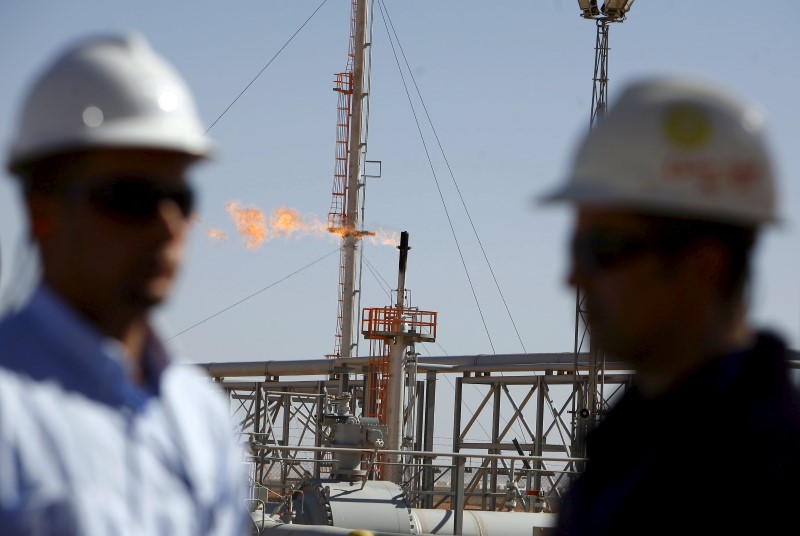Invgesting.com -- UBS Global Research in a note dated Thursday has attributed the recent surge in European gas prices to escalating geopolitical tensions rather than underlying market fundamentals. Prices jumped by 5% to nearly €39/MWh following clashes near Sudzha, a key transit point for Russian gas into Ukraine.
“While there has been limited impact seen in the transit flows so far, market focus increasingly gravitated towards potential gas supply disruption,” the analysts said.
This renewed focus on geopolitical risk echoes similar concerns that emerged in the Middle East earlier this summer. Coupled with the onset of the northern hemisphere's heating season, these factors have established a new price floor in the mid-to-low €30s.
Despite the short-term price hike, UBS believes that fundamental market conditions remain relatively comfortable.
European gas storage levels are significantly above the five-year average, thanks to high exit inventories from the previous winter and subdued gas demand. This ample supply has acted as a cap on potential price increases.
Furthermore, European gas demand has continued to decline, with power generation and industrial consumption both well below previous years' levels. While Russian piped gas supplies have increased, uncertainties remain over the future of transit contracts, particularly given the potential expiration of the current agreement at the end of the year.
European LNG imports have also remained muted, with Asian buyers absorbing excess supply.
UBS expects gas prices to remain supported by geopolitical tensions in the near term but expects a return to the low-€40s range in the fourth quarter as seasonal demand increases.
However, the overall market fundamentals suggest a downward pressure on prices, with ample storage levels and weak demand acting as counterbalancing factors.
